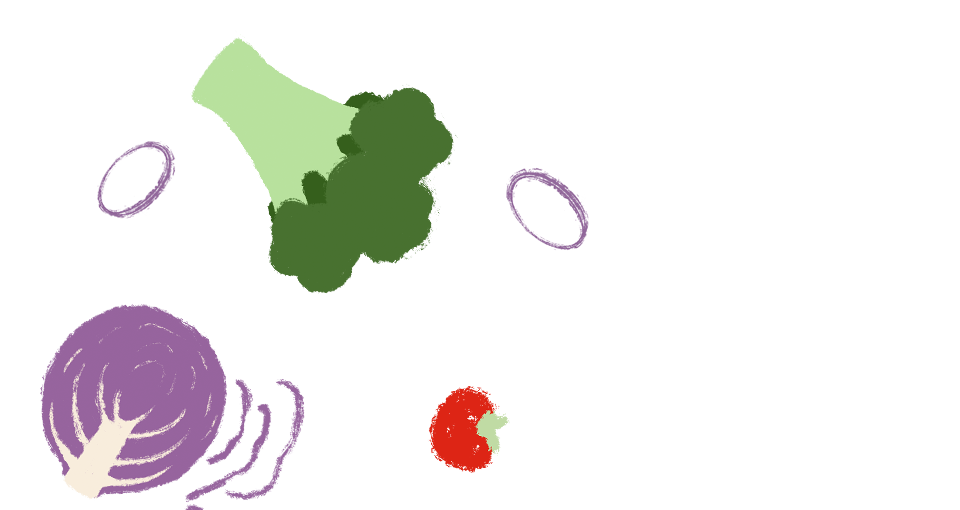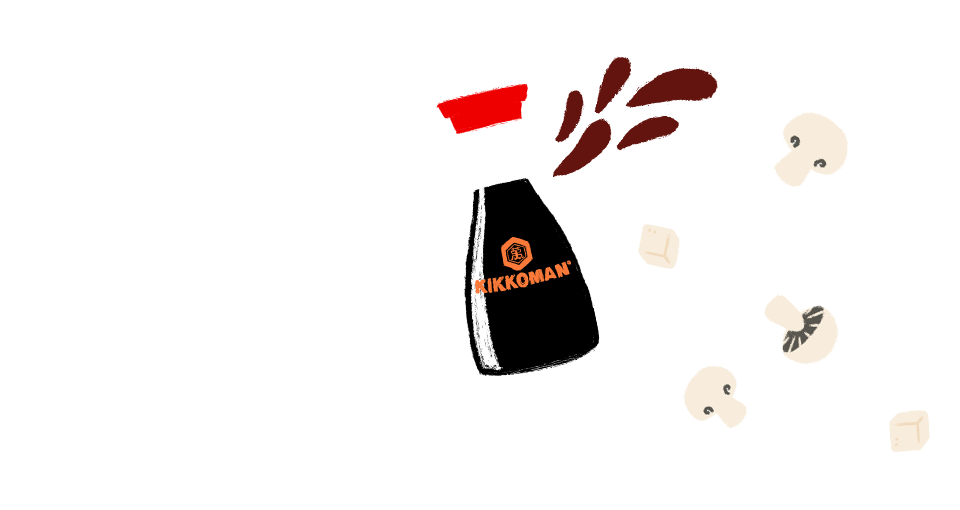A Guide to Fermented Foods
07. August 2023
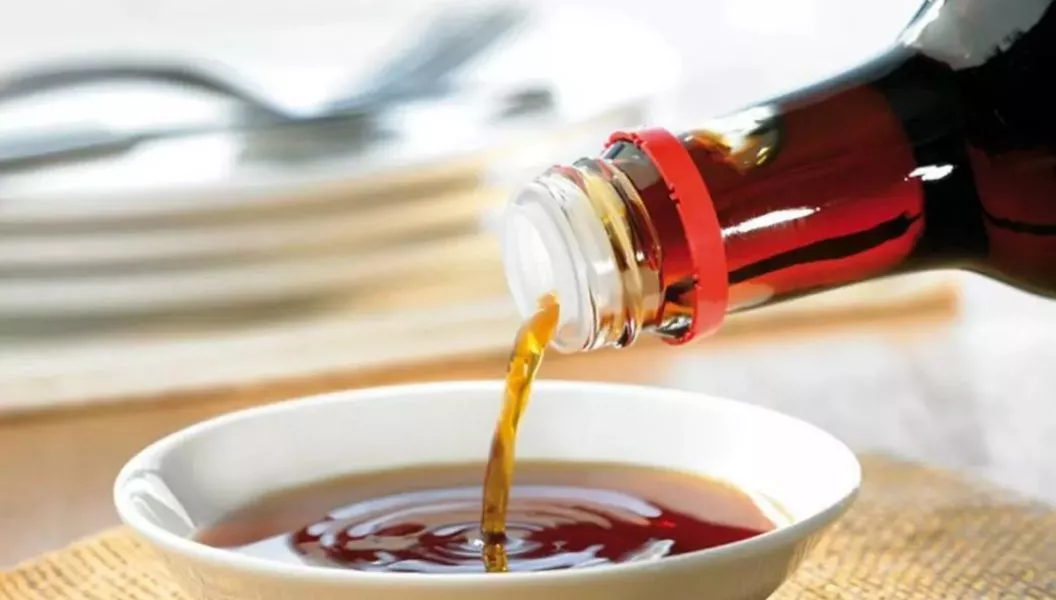
During the process of fermentation, carbohydrates (starch and sugar) are naturally broken down by microorganisms present in bacteria and yeasts which are then converted into organic alcohol or acids. The resulting environment harbours the good bacteria (known as probiotics) and keeps the bad bacteria at bay, meaning the food can last for much longer while providing a delicious characteristic tartness.
What are the health benefits of eating fermented foods?
The probiotics produced in fermented food have been shown to help restore the good bacteria in the digestive system. Studies show it can help with symptoms of IBS, bloating, and other stomach issues, plus boost the immune system. It can also aid with the digestion of non-fermented foods in the gut as the probiotics break down nutrients more easily.
Which foods are fermented?
Many pickled or soured foods are fermented, including Kikkoman soy sauce, fish sauce, kimchi, miso, sauerkraut, vinegar, pickles, beer, wine, sourdough bread, and dairy products such as buttermilk, crème fraiche, yoghurt and kefir. The East and Southeast Asian population particularly has strong heritage of using fermented foods, which are now growing in popularity in the UK.
Try to add some of these foods to your daily diet and see if you can notice the different to your health.
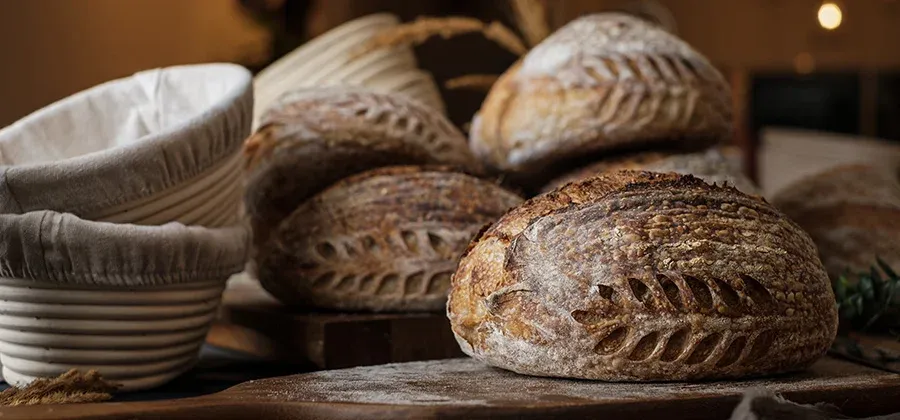
Making your own fermented foods
You can also have a go at making your own fermented preserves at home, the process is very simple. Layer any sliced fruit or vegetables in a sterilised jar, top it up with brine and screw on the lid, but not too tightly as gases will be produced. Or instead of brine you can use a mixture of sugar, vinegar and Kikkoman soy sauce to add extra flavour. Other whole spices such as chilli or peppercorns can be added without affecting the fermentation process. Fermentation begins as soon as bubbles start to form in the jar. It’s best to store the jars at 22 to 23 °C for the first few days, before moving them to a cooler spot – ideally 15 to 18 °C. This provides the best conditions for the enzymes to convert carbohydrates into lactic acid which preserves vitamins and the probiotic bacteria.
Homemade fermented food is a great idea for a present. Use seasonal ingredients to preserve a taste of summer or autumn for all year round.
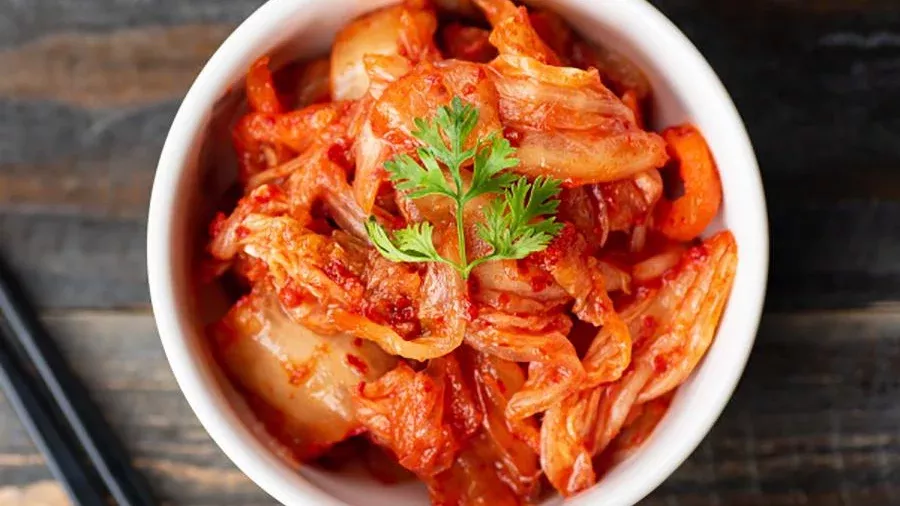

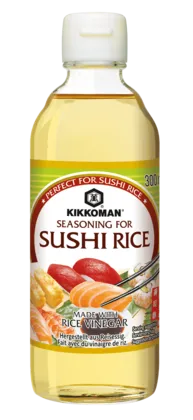



![[Translate to Englisch (UK):] [Translate to Englisch (UK):]](https://www.kikkoman.co.uk/fileadmin/_processed_/c/d/csm_1039-recipe-page-Easy-Carrot-soup_mobile_7366116d92.webp)
![[Translate to Englisch (UK):] [Translate to Englisch (UK):]](https://www.kikkoman.co.uk/fileadmin/_processed_/1/0/csm_1089-recipe-page-Roasted-Turkey_mobile_624c3fe100.webp)
![[Translate to Englisch (UK):] [Translate to Englisch (UK):]](https://www.kikkoman.co.uk/fileadmin/_processed_/c/5/csm_MainDishes_recipe-collection_desktop_2x_ef5962097e.webp)
![[Translate to Englisch (UK):] [Translate to Englisch (UK):]](https://www.kikkoman.co.uk/fileadmin/_processed_/b/e/csm_1101-recipe-page-Authentic-Japanese-soy-sauce-ramen_mobile_6bf05afcae.webp)
![[Translate to Englisch (UK):] [Translate to Englisch (UK):]](https://www.kikkoman.co.uk/fileadmin/_processed_/e/b/csm_918-recipe-page-pumpkin-hummus_mobile_d372eb934b.webp)

![[Translate to Englisch (UK):] [Translate to Englisch (UK):]](https://www.kikkoman.co.uk/fileadmin/_processed_/0/d/csm_928-recipe-page-prawn-and-vegetable-stir-fry-noodles_mobile_78dc5b25bc.webp)
